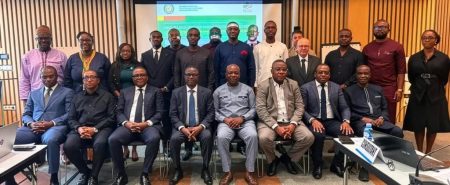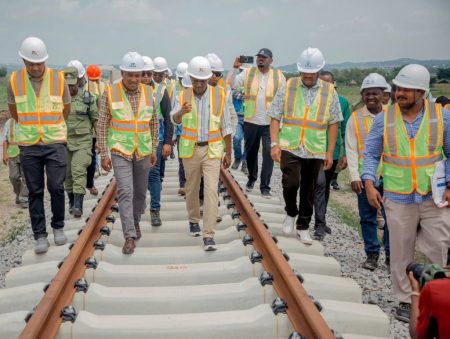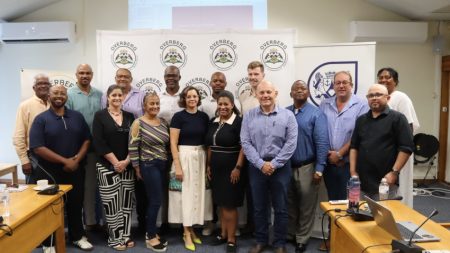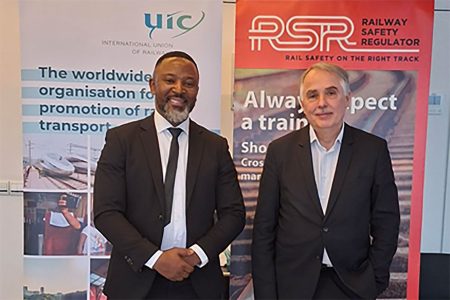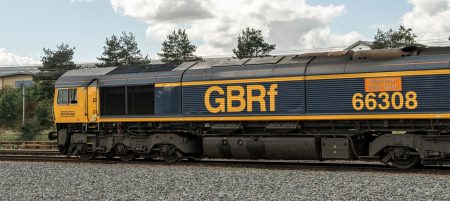In July 2025, DP World, the Deendayal Port Authority (DPA), and Nevomo signed a Memorandum of Understanding (MoU) to cooperate on the development and implementation of a pilot project using Nevomo’s MagRail proprietary technology for the self-propelled movement of rail-based cargo within existing port ecosystems. DP World, a global provider of smart end-to-end supply chain solutions, is driving the initiative to introduce advanced freight technology in India. The Deendayal Port Authority, a mul
This content is for Premium Subscribers only. To view this content, login below or subscribe as a Premium Subscriber.
